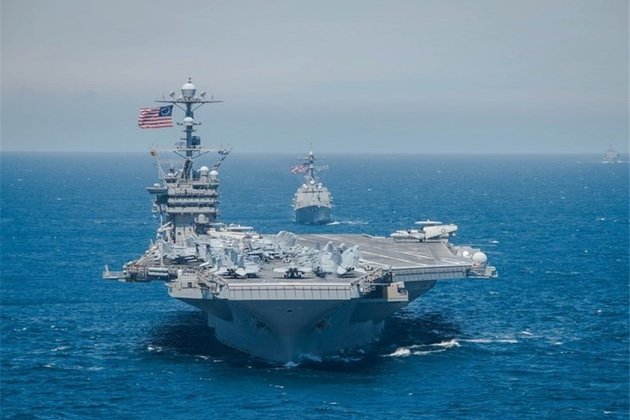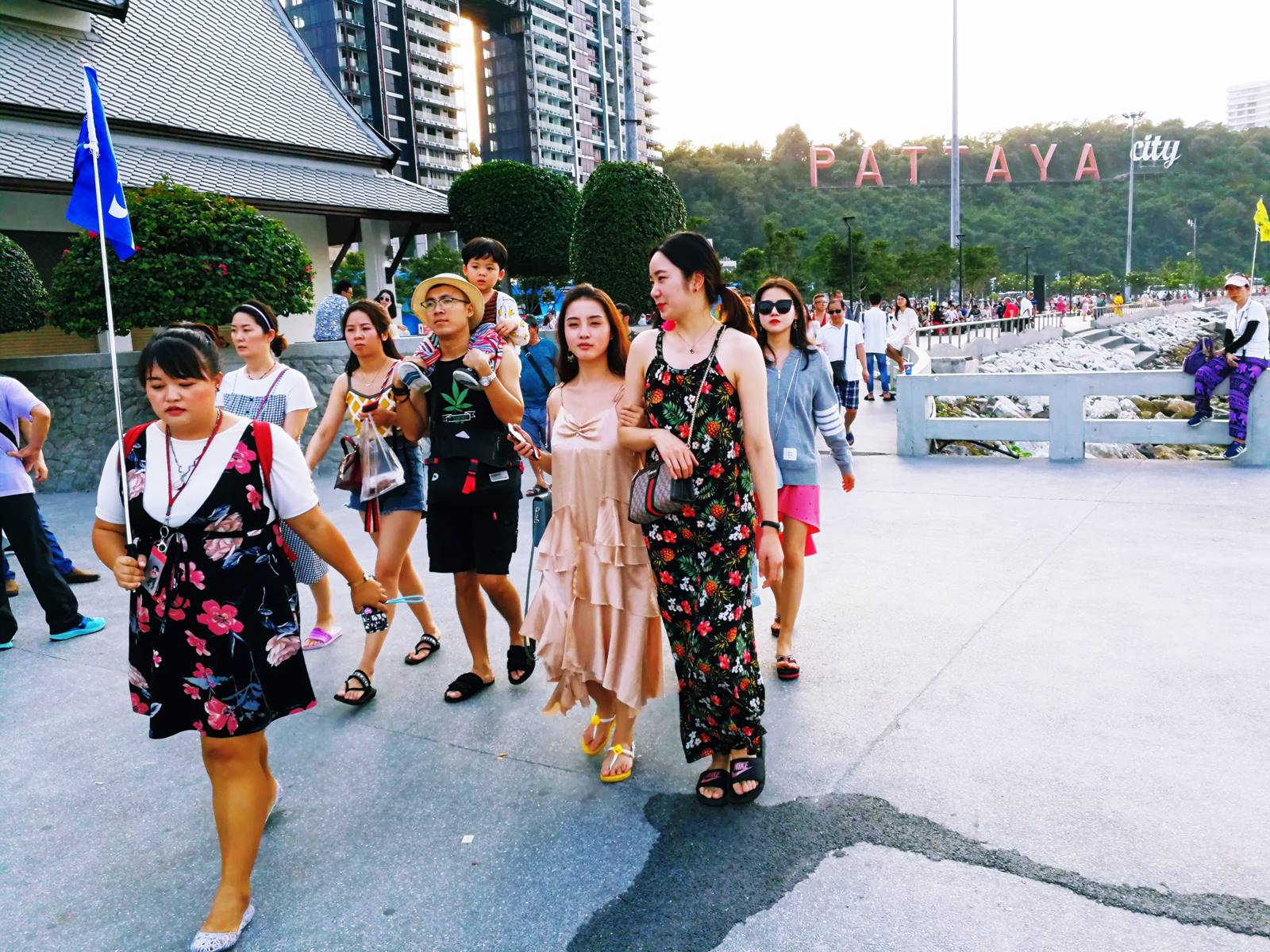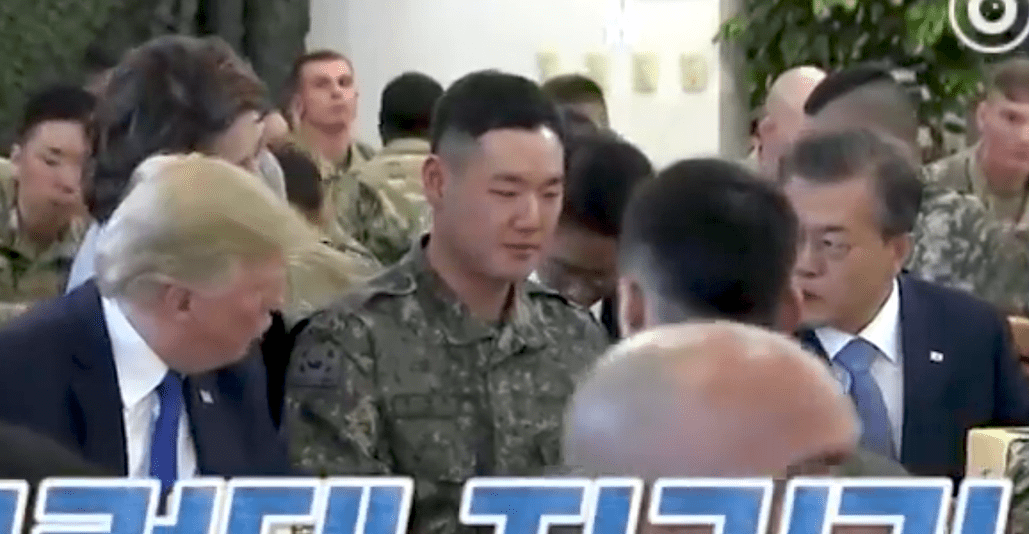Politics
Thailand: Divisive politics but economics-almost-as-usual
Author: Chalongphob Sussangkarn, TDRI, Bangkok The Red Shirts’ protracted occupation of a central Bangkok area and the eventual violent and deadly end in May 2010 reiterated the highly divisive situation in Thai politics.

Author: Chalongphob Sussangkarn, TDRI, Bangkok
The Red Shirts’ protracted occupation of a central Bangkok area and the eventual violent and deadly end in May 2010 reiterated the highly divisive situation in Thai politics.

This protest, like the Yellow Shirts’ closure of the Bangkok airport toward the end of 2008, had the potential to have extended negative impacts on the broader economy, particularly on foreigners’ confidence. Luckily, the impacts have so far been short-term, partly because these protests and the associated violence were not directly targeted at foreign interests. Thus, while tourist arrivals in May 2010 declined by 10.5 per cent from May 2009, total arrivals between July and November 2010 increased by 10.7 per cent compared to the same period last year.
Many have tried to link the political divisiveness to socio-economic disparities. This is highly misleading. The divisiveness is really only around one person, Mr. Thaksin Shinawatra, the currently fugitive former Prime Minister. To most people, Mr. Thaksin evokes strong emotions, they either adore him or despise him. There are families in all segments of Thai society where husbands and wives cannot discuss politics or Mr. Thaksin, as this can quickly lead to family break up. This is similarly true for many siblings.
Thai politics will remain divisive for some time. Talks of reconciliation are just red herrings. How can one reconcile black and white? Fortunately, there will be a general election in 2011. This should reduce the risk of another major protracted street protest as the various political factions need to position themselves to win votes in the election, and causing major public inconveniences is a sure way to get a backlash in the polling booths.
However, no matter who becomes the government after the election, the political divisiveness will not disappear. So from the economic standpoint, the best scenario to hope for is a clear separation between political divisiveness and instability, and economic policies and economic development. Actually, this used to be the norm for Thailand back in the 1980’s and 1990’s. The government during that time changed very often, but economic policy directions remained fairly much the same, and the economy performed quite well (except of course after the 1997 crisis). So it is not just wishful thinking to hope for such a scenario again.
As if to illustrate the separation between politics and economics, the Thai economy bounced back notably in 2010. From a negative growth of -2.3 per cent in 2009, real GDP grew by 12.0 per cent, 9.2 per cent and 6.7 per cent in the first 3 quarters respectively compared to the same quarter last year. While growth has been slowing down, growth over the first 3 quarters was still 9.3 per cent year on year. This bounce back was driven mainly by a recovery in exports, and this is a common feature of many other export-led East Asian economies. Over the first 10 months of 2010, exports grew by 29.7 per cent compared to the same period in 2009. Fiscal expenditures, especially in the early part of the year, also helped to boost growth.
Looking in more detailed at the economic performance, fragilities can be seen. First, while year on year GDP growth figures look good, quarter on quarter growth does not look so good. In fact, technically, one can say that Thailand is in a mild recession. Quarter on quarter growth has been slightly negative for the last two quarters. In the second quarter of 2010, seasonally adjusted real GDP declined by an annualised 2.3 per cent compared to the first quarter, and declined further by an annualised 0.9 per cent in the third quarter compared to the second quarter. Growth of fiscal expenditures has slowed down markedly in the last two quarters, partly from the very high level of injections in 2009, but also from delays in many planned investment projects; either from controversies over project transparency, or from the usual bureaucratic red tape.
Detailed export figures also point to a less rosy picture. In 2009, exports dipped significantly, so good growth in 2010 is partly a bounce back from the low level of 2009. If one compares exports in the first three quarters of 2010 with the same period from 2008 (the period before the collapse of Lehman Brothers), it turns out that exports in 2010 grew by only 2.9 per cent (in dollar value) compared to 2008.
More remarkably, exports to almost all major destinations were still lower than in 2008; for example, exports to the US were 5.4 per cent less than in 2008, Japan (4.2 per cent less) and EU (12.7 per cent less). There were only three main destinations where exports in 2010 were significantly larger than in 2008; China (19.9 per cent higher in 2010 compared to 2008), India (27.1 per cent higher) and Australia (15.5 per cent higher). While this shows that intra-regional demand has been instrumental for the export recovery, one should also note that all of these three economies are in the process of monetary tightening to cool down their economies, so their demand for Thai exports (and exports from other regional economies) are most likely to slow down. Given that US recovery is still uncertain, Europe is facing mounting public debt problems, and Japan continues to stumble along, the export outlook for Thailand and other regional economies does not look so optimistic.
Most forecasting agencies expect the Thai economy to slow down significantly in 2011, to around a real GDP growth range of 4-5 per cent. The challenges, of course, are more in the post election period and in the medium term. Whatever the election outcome, it is hoped that political divisiveness and future street protests can be peaceful and contained to the political sphere. If events like the April/May central Bangkok occupation and violence, or the airport closure, recur a few more times, then the economics-almost-as-usual may no longer be feasible, and Thailand’s economic future will be seriously in doubt.
Chalongphob Sussangkarn is a Distinguished Fellow at the Thailand Development Research Institute.
This is part of a special feature: 2010 in review and the year ahead.
- Thailand’s military: perpetually political, forever factionalized, again ascendant
- The Japan-Thailand economic partnership agreement: Utilization and implementation issues from the perspective of Thailand
- Thailand in 2010: When the royal rumble turned blood red
Go here to see the original:
Thailand: Divisive politics but economics-almost-as-usual
Politics
US Navy Carrier Conducts Exercises in South China Sea

TEHRAN (Tasnim) – A US Navy aircraft carrier conducted exercises in the contested South China Sea on Friday, the US navy said in a statement. –
A strike group led by the USS Ronald Reagan conducted flight operations and high-end maritime stability operations and exercises, the statement said, Reuters reported.”Integration with our joint partners is essential to ensuring joint force responsiveness and lethality, and maintaining a free and open Indo-Pacific,” US Navy Commander Joshua Fagan, Task Force 70 air operations officer aboard USS Ronald Reagan, was quoted as saying.The drill comes amid heightened tensions between the United States and China.
Washington has criticized Beijing over its novel coronavirus response and accuses it of taking advantage of the pandemic to push territorial claims in the South China Sea and elsewhere.The United States has long opposed China’s expansive territorial claims in the South China Sea and has sent warships regularly through the strategic waterway.China has objected to such exercises and said the US rejection of its claims in the South China Sea has raised tension and undermined stability in the region.China claims nine tenths of the resource-rich South China Sea, through which some $3 trillion of trade passes a year. Brunei, Malaysia, the Philippines, Taiwan and Vietnam have competing claims.
Politics
How China is using tourism for geopolitical goals
The Chinese government has a degree of leverage over its tourists that other governments do not enjoy. Many Chinese tourists are new to international tourism and have limited international language abilities

Decades of astonishing economic growth have given China new tools for extending its influence abroad and achieving its political goals.
(more…)






